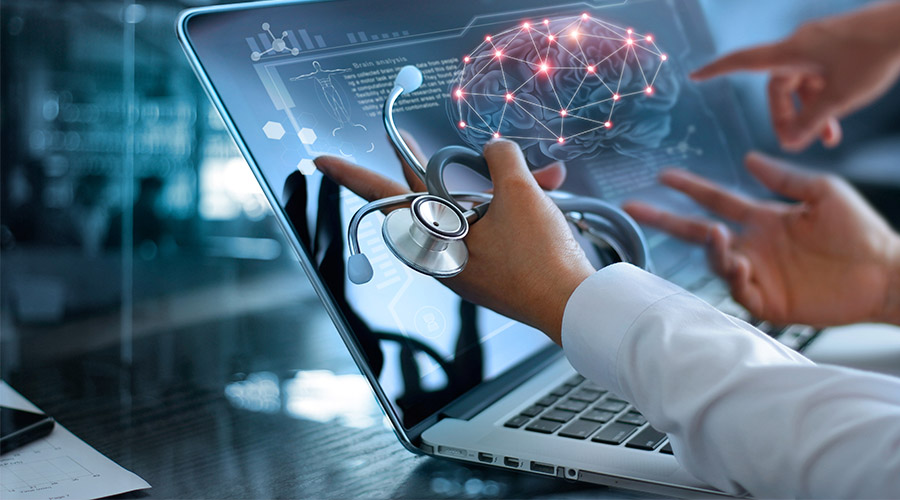
Technology is being used more and more in all aspects of the health area. From the patient care session to new treatments, everything is moving towards a technological world. In preventive medicine, it is no different. This area deals with the prevention of a certain disease instead of its treatment, that is, the patient does not get the disease, as it anticipates, prevents. In some cases, it can also give a very early diagnosis of the disease, thus facilitating treatments and possibilities of cure.
In today’s article, we will discuss how technology is important in preventive medicine and in what aspects it works.
Prevention rather than cure
The use of new technologies makes the patient feel engaged in the prevention of various types of diseases. More and more we see the human being worrying about his well-being, in this way, exercising more and eating better. And where does technology come in? Nowadays, we see several applications for smartphones and computers that help people better control their food and practice physical activities. Besides, there are so-called wearable devices: they monitor, in real-time, the needs of each individual so that future problems are avoided.
Wearable devices
Wearable’s devices are, in the literal translation of wearable. There are glasses, bracelets, T-shirts, watches, which makes it possible to monitor health information, such as blood pressure, glucose levels, etc. According to data presented by the HIMSS (Healthcare Information and Management System Society), there are already more than 300 health institutions that use wearable devices, and the number is only increasing. These devices can promote the prevention and control of numerous diseases, in addition to improving the patient experience.
One company in this segment is very prominent in the United States and is now expanding worldwide is Fitbit, which sells devices that encourage people to be healthier and practice physical activity.
Smart care and health 4.0
The strengthening of the concept of smart care has been changing the way of thinking of the industry, with the insertion of new technologies, and new approaches in the health service. Digital technologies are revolutionizing the health sector, offering services that are increasingly focused on the patient and with a better cost-benefit ratio.
In the context of industry 4.0, this has been bringing a series of new concepts to different markets (internet of things, big data, storage, accessibility, and sharing, among others). Within that context, we can include “health 4.0”, a new technological and operational solutions that will directly influence the development of new treatments, the monitoring of patients, and the management of resources in health units.
Big data
Big Data is one of the fields where the impact of research, processing, and data analysis is significantly greater. In the health area, it ranges from prevention and diagnosis to clinical and pharmaceutical research. Institutions are joining the analytical platforms to manage the volume of data they receive and produce. There is a significant cost reduction with techniques based on big data. And those who think that it is only in high-level areas that this happens are mistaken.
The main thing is to have the intelligence to extract and analyze the significant information from the data stored in big data. There is a crucial transformation in health based on the big data phenomenon. With the accelerated increase in the number and diversity of digitized data that circulate, they are treated, analyzed, and used on a global scale. The health area has registered a real “boom” of data coming from the most different origins.
- Between them: Electronic medical records
- Smartphones that monitor patients’ activities
- Real-time alerts
- Electronic storage of test results and patient data
- Genetic data that drive personalized medicine
- Electronic patient records.
Besides that, if we look at the advances in science in recent years, we find strong evidence that the next big frontier in epidemiology will be the analysis of large databases (big data).
A study by IBM estimates that by 2020, the healthcare industry will generate 25,000 petabytes of information worldwide, which is more than 5000% more than in the previous eight years.
Conclusion
We have seen that, as in all areas of health, the increasing use of technology is extremely crucial in preventive medicine.
It is the technologies that will enable the patient to be more and more engaged and interested in taking care of his well-being while allowing the institution and doctors to be even closer to their patients.
